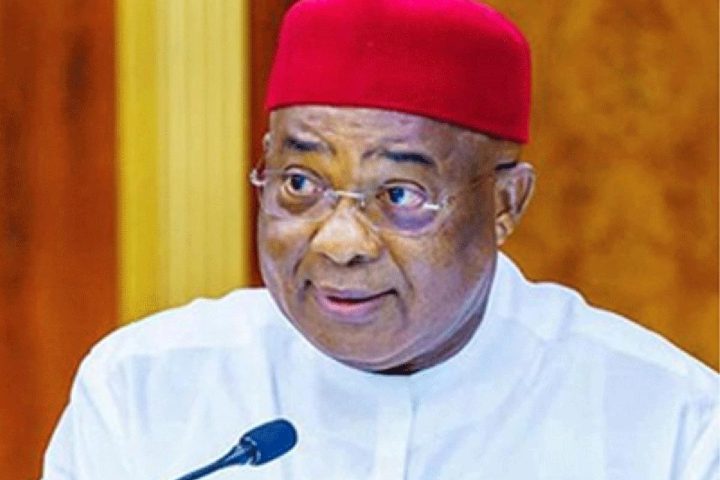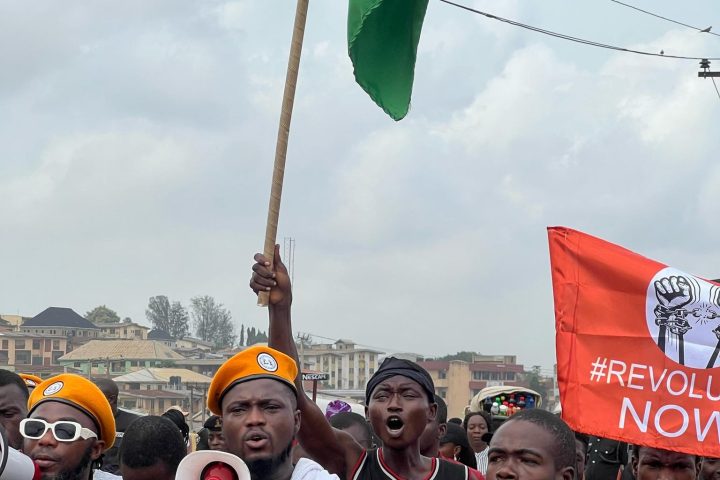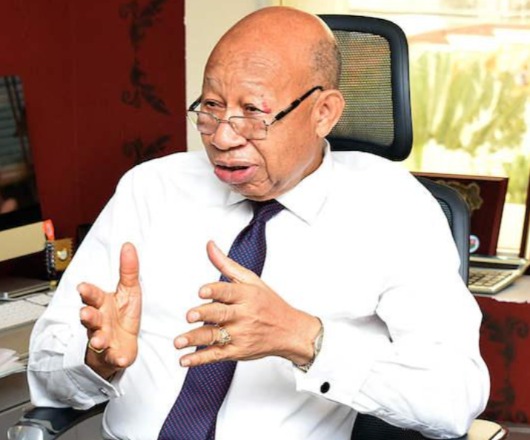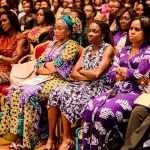As the world celebrates International Women’s Day 2025, the International Federation of Women Lawyers (FIDA) Nigeria, has beamed its searchlight on lingering issue of child marriage, revealing that Nigeria remains among top 10 Countries across the world that still practice the act.
It cited a United Nations report which stated that over 44% of girls are married before the age of 18, “robbing them of their bright future and exposing them to unimaginable suffering and deprivation.”
Join our WhatsApp ChannelIn a statement signed by FIDA Nigeria Vice President, Eliana Martins and
National Publicity Secretary, Chineze Obianyo, the group expressed concerns that the Child Rights Act 2003, meant to safeguard young girls from early and forced marriages is yet to be fully implemented across the country, “allowing archaic traditions and beliefs to continue violating children’s rights.”
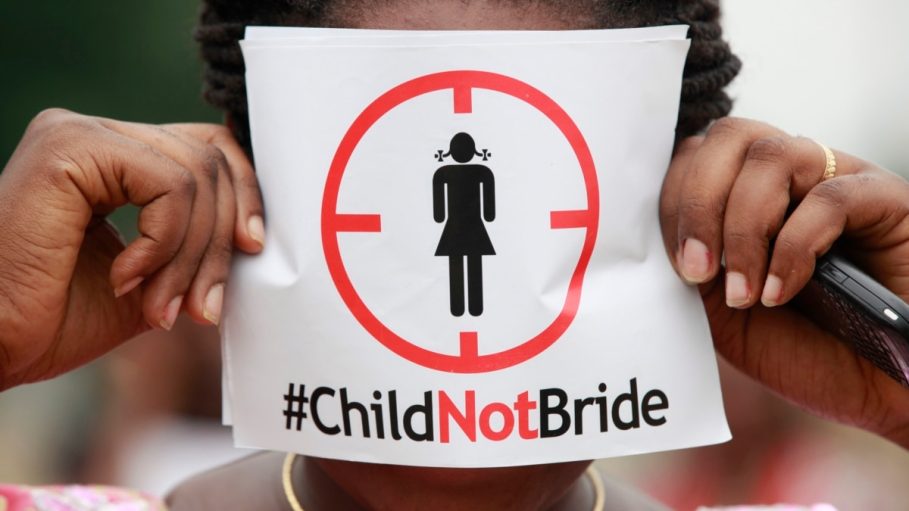
The group said despite several national and international legal instruments that Nigeria subscribes to regarding protecting the rights of women and advancing their welfare, there is lack of justice for victims abuse, discrimination and deprivation.
“While we note that legal protections exist, however justice remains most elusive to the average woman. This is despite Nigeria’s commitment to international frameworks such as the Convention on the Elimination of All Forms of Discrimination Against Women (CEDAW) and the Maputo Protocol, implementation remains a mirage.
“The Violence Against Persons (Prohibition) Act (VAPP) 2015 has not been domesticated in all states, leaving many women unprotected.”
Gender-based Violence persists
The group lamented that millions of women and girls across Nigeria continue to face gender-based violence, economic deprivation, and systematic discrimination and exclusion.
It cited a National Demographic and Health Survey (NDHS), report which found that 31% of Nigerian women aged between 15 and 49 years have experienced physical violence, yet only one in three victims seek help, with many unable to access justice due to stigma, fear, and institutional barriers.
The International Federation of Women Lawyers called on Federal and State Governments to prioritise gender-responsive policies and ensure the full implementation of existing legal frameworks. It urged State Assemblies to urgently domesticate the VAPP Act and Child Rights Act to guarantee legal protections for all Nigerian women and girls.
“Additionally, law enforcement agencies must ensure swift and unbiased prosecution of gender-based violence cases, removing the barriers that hinder victims from seeking justice.”
It added that even private sector has a role to play by enforcing equal pay policies, eliminating workplace harassment, and creating inclusive environments where women can thrive.
It further called for a collective action to project strong women, stressing that women’s involvement will lead to better policies on issues concerning society especially in the areas of poverty reduction, family welfare, health care and education.
It said the Nigerian society must collectively work to stamp out harmful traditional practices that sustain gender inequality and violence against women.
Every year, the global community celebrates International Women’s Day on 8 March to highlight the critical roles of women in society and the need to safeguard their rights to enable them develop and actualise their potentials.
READ ALSO: Int’l Women’s Day: Inspiring Inclusion In Our Communities
With this year’s theme, “For All Women and Girls: Rights, Equality, Empowerment, FIDA Nigeria called for urgent concrete actions to promote and protect the rights of women and girls in the country.
The group of women lawyers said it stands as the Legal Voice for Women and Girls and remain the beacon of hope for women facing all forms of injustice.
READ ALSO: IWD 2024: 10 Women CEOs Leading Banks In Nigeria
“Through our free legal aid services, we have provided legal representation to over 15,000 indigent women and girls in the past year alone. We have championed strategic litigation to challenge discriminatory laws and practices, ensuring that perpetrators of gender-based violence and sexual exploitation are held accountable.
“We continue to advocate for the full domestication and enforcement of the VAPP Act, the Child Rights Act, and the National Gender Policy. Our grassroots sensitisation programmes have educated thousands of women on their legal rights, empowering them to speak up against oppression.”
Victor Ezeja is a passionate journalist with six years of experience writing on economy, politics and energy. He holds a Masters degree in Mass Communication.





